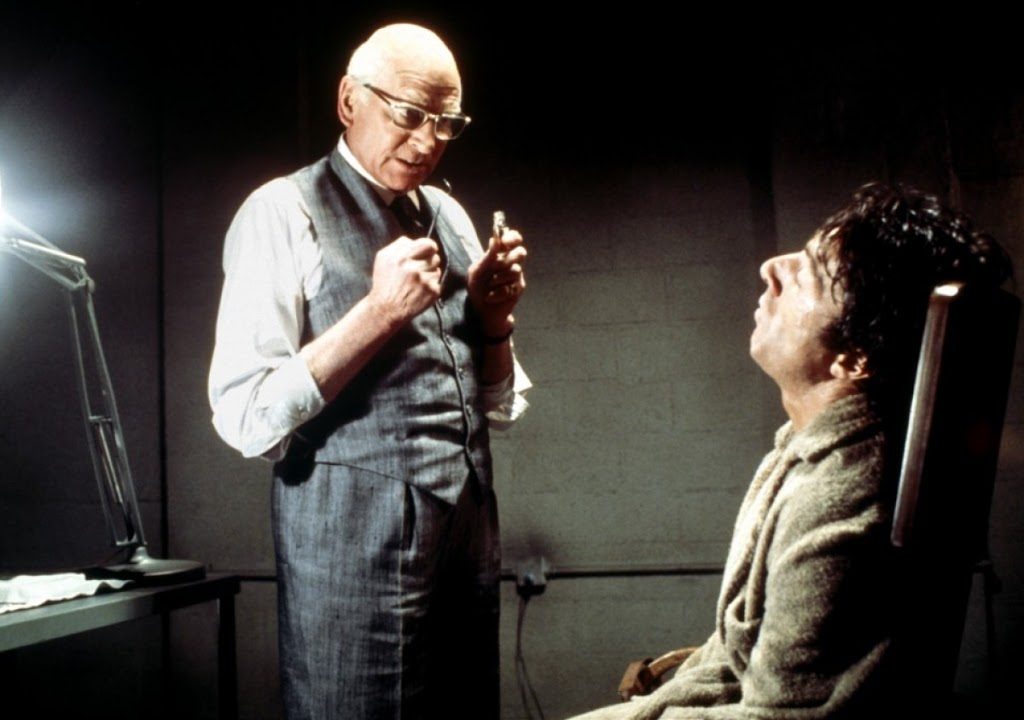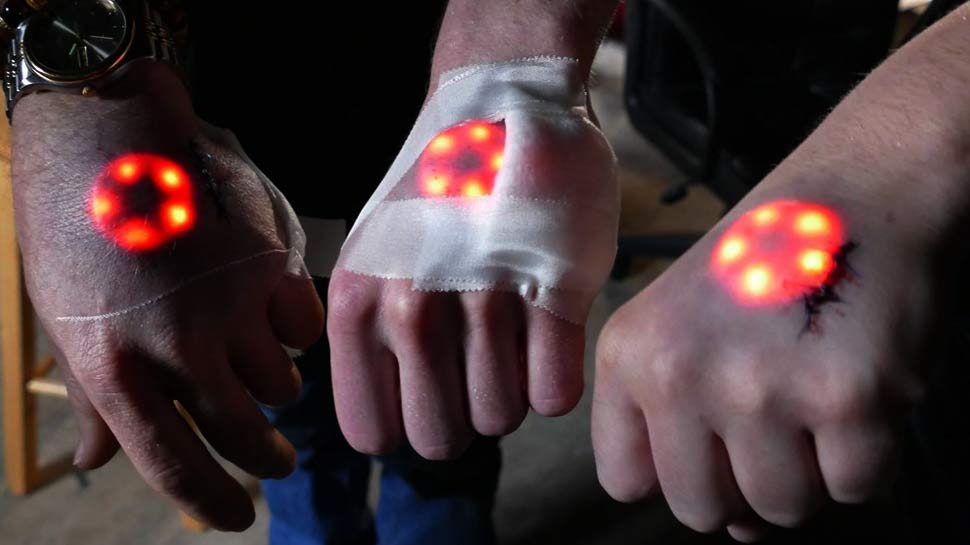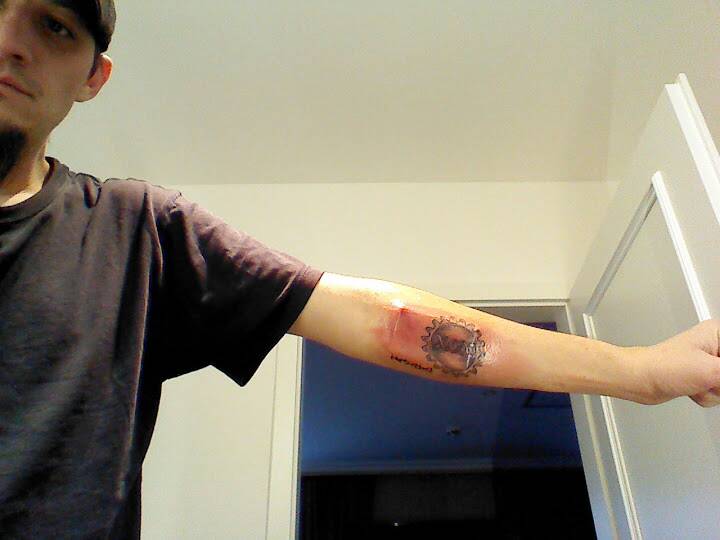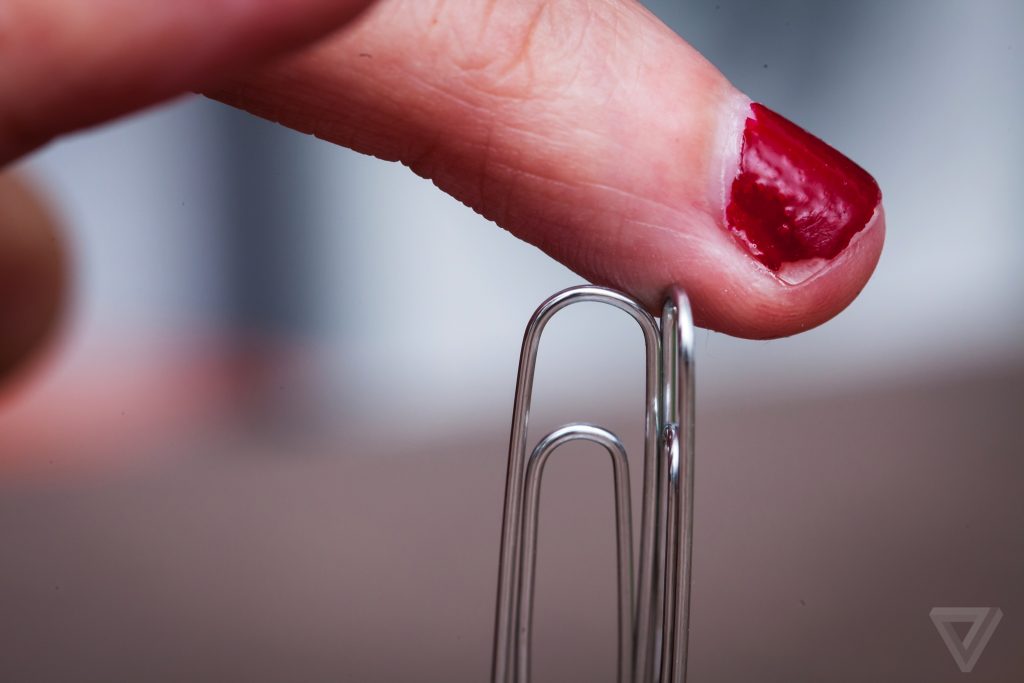5 Frightening Risks of Biohacking Nobody Discusses
LifestyleSkin & HairTech May 30, 2025 Damon Mitchell

When enthusiastic newbie biohackers embark on their first implant, they don’t always consider the darker aspects of non-medical surgery. In a nutshell, that’s what it is, a medical procedure.
Biohacking the human experience by depositing foreign bodies in one’s own body is not as tough as bolting titanium to a broken bone, but it’s harder than a piercing.
That said, it’s usually a piercer doing the work. We’ll come back to that.
As it turns out, pioneering can be exciting, but also dangerous, and possibly painful as all get out. But, pioneers get to claim the gold medal for first place. (Whoot.)
No Anesthetic
When one goes in for surgery, there is an anesthesiologist present to make sure the patient feels no pain, conscious or not. They’re expensive doctors to have on hand for a good reason. Pain sucks.
It’s not a show of bravado that biohackers receive no anesthesia. It’s a matter of the law. Those pain medications are heavily guarded.
The best a biohacker can hope for is a toke or a shot, but booze makes the process messier so not the best option.
This is no biggie when the implant is a RFID chip, but when it’s a small electronic board, youch! Pioneering is painful.
Not Permanent
This is tough to accept, but implants don’t last forever. Adi Robertson, from the Verge, learned this the hard way when her implant failed after some time.
“… I always knew that my tiny superpowers had an expiration date. Magnets weaken over time, and mine was no exception. I would have, it turns out, about four years of peak performance.”
Even legit science struggles with this fact. Once humans implant something under the skin, the body sends in the troops to defend itself. The net result is scar tissue building up around the foreign body.
Over time, many biohacker implants fail because of this scar tissue. The solution? Remove it and re-implant.
If it was a painful implant, that’s a tough call. Usually, the simpler the implant, the less problematic.
That means, the more one suffers the first time, the more likely she’ll suffer again for the same hack.
Infections Happen
Remember when we talked about the body “sending in troops?” Sometimes those troops are there to fight an infection.
What we’ve known since humans turned molded bread into penicillin is, the body can’t fight infections without antibiotics.
Doctors automatically prescribe antibiotics postoperative to be safe. Biohackers don’t have access to these medications, not legally.
Put it in other terms. Implants can cause flesh to rot, not from the implant, but from infections. The surgery sites get hot, grow with pus, and can smell bad.
That means the hack may have to come out.
Rejections Happen
Some people cannot pierce their flesh. The body rejects the piercing as if it were any foreign body, like a splinter.
Earrings in these individuals push down, leaving a scar on the earlobe. Nose piercings do the same to the nostrils. It’s bizarre and fascinating.
When doctors implant into human bodies, either with bio-tissue or manufactured items, they take steps to ensure the body doesn’t reject the new item.
Once again, biohackers don’t have access to these means. Imagine that new chip pushing out through your flesh because your body was all, hey, this doesn’t belong here.
Rich Lee, famous biohacker, suffered from shin implants that swelled to the point of bursting his stitches. He ripped them out himself.
Boredom is Normal
The hard truth no wayward biohacker sees coming is the eventual fade of novelty.
At first, that magnet under the skin makes it seem like you’ve become one of those kinetic mutants from the movie “Looper.” Then the scar tissue builds up around the magnet.
You lose the touch, but it doesn’t matter by then. Months before that, the novelty of the hack wore off, leaving you with a weird bump under the tip of your index finger.
There’s only one way for it to come out without paying for a doctor, the same way it went in.
If knowing all these truths doesn’t deter you from your goal to become a cyborg, then you know you are a true body hacker. Otherwise, you’re waiting on the sidelines with the rest of us.
Someday this will all be legit surgery. It’s coming.




